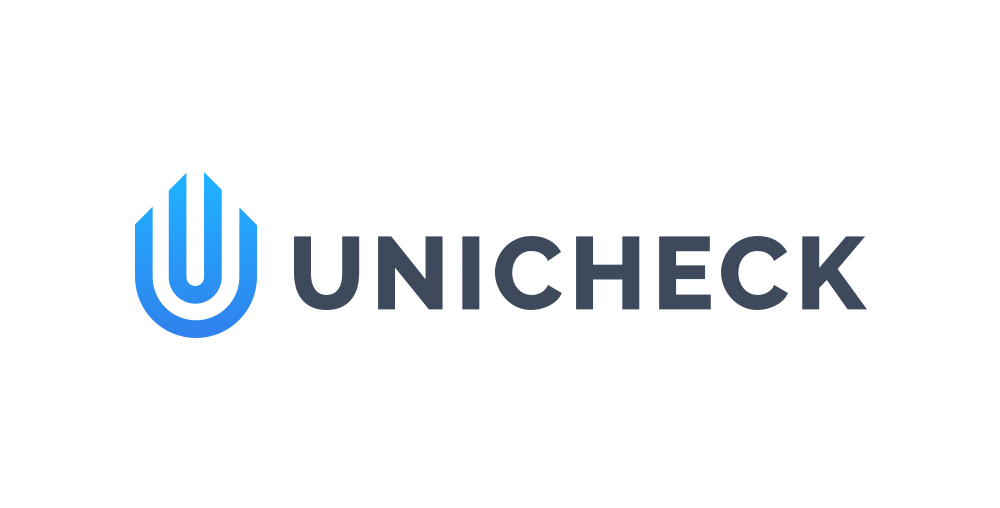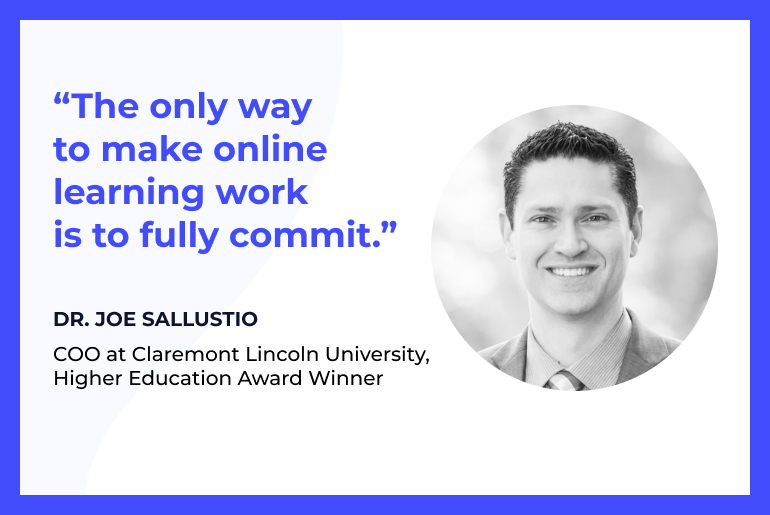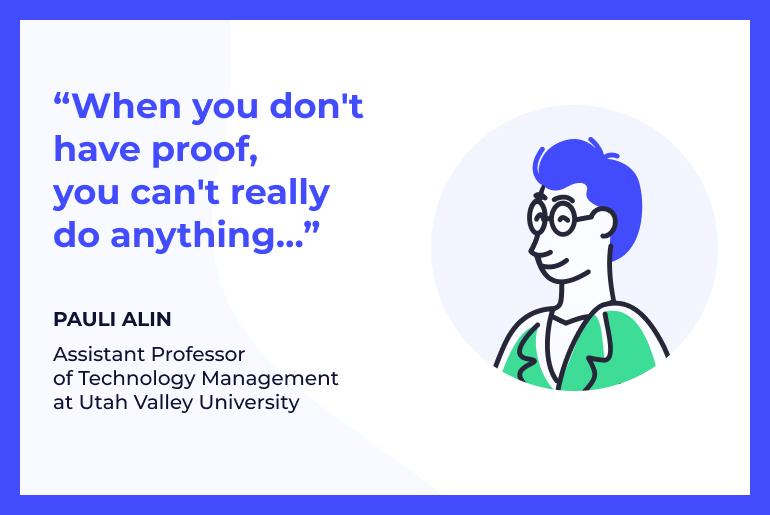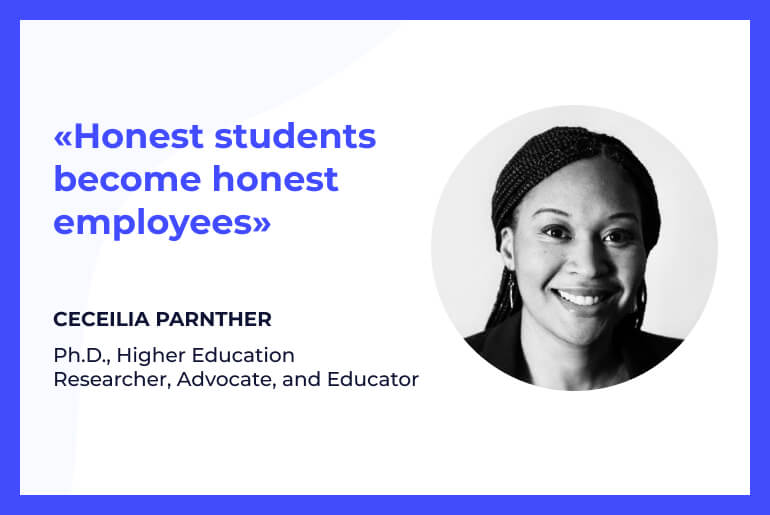Have you ever gone to a fortune teller? We, at Unicheck, bet you thought about it at least once. Predicting is something that we are still new to, but willing to try our hand at.
Throughout 2016 our team went to a series of educational conferences held across Europe and US. Being fond of workshops and exchanging ideas with true fans of education helped us much figure out what changes may await you in 2017. By outlining the key transformations for both online and offline learning, we hope you can grasp at the chance to quickly update your learning or teaching strategy for this year.
Intrigued? Then, proceed reading and learn what new opportunities MOOC can offer and how microlearning will let you upgrade on the go.
Microlearning is on the Upswing
The truth is offline academic institutions are experiencing declines in student enrollment. Tuition costs grow fast making most learners drop out of colleges and universities or find some more cost-effective learning alternatives.
Сompetition is getting tough. But there are always two sides of the same coin. Educational institutions are offering more chances for students to get online degrees, interact with each other and have more flexibility while studying.
To let students get immediate results, microlearning is gaining in popularity. Simply put, complex material is divided into smaller parts that may even be presented like 5-minute videos. Thus, students can process and memorize the information in a simpler way. It’s especially suitable for students with lack of concentration. Besides, microlearning is suitable for those who study on the go or cannot plan their time wisely. Microlearning format suggests that educators apply more engaging teaching methods, since every second is valued.
More Micro-Credentials Opportunities
To keep up with times and be more motivated to meet new challenges, getting micro-credentials seems to be highly essential. It will also contribute much to personalized learning as well as help each student stand out and get a dream job.
With certified newly-acquired skills it becomes possible. Having micro-credentials opportunities means that even if students had to stop studying and pursue their careers, they still can keep on upgrading and receive credentials on the go to prove they are competent enough to cope with the requirements set by the employer.
Thus, as edX asserts (the massive open online course), more micro Master degree programs will be launched in close cooperation with universities. Students will be able to complete half of the program via edX and another half on campus at a lower price.
Classes Tailored for Mobile Devices
Mobile learning is getting increasingly popular. Even such globally known organizations as UNESCO is going to hold a Mobile Learning Week event this January, which will be followed by a series of other related conferences scheduled throughout 2017. It is a good opportunity for everyone to strengthen acquired skills, dig deeper into the subject, or let freshers faster adapt to new learning environments.
It may be delivered through various approaches like mobile learning apps, gamification, interactive videos, and more. Mobile learning can be carried out both in and out of class as well as for individual and collaborative tasks. With mobile learning it would be much simpler for educators to give instant feedback to students and ensure their better engagement. Still, it entails a lot of preparatory work, since instructors should work out new models of interaction with students and track performance of each student.
Growth in Collaborative Platforms
Student driven education will still be of great value in 2017. It entails everything from letting students work at their own pace, to the learning materials they generate and share. Students will no longer be passive consumers. They are going to play the main role in the learning process. This is the reason why collaborative platforms like Collaborize Classroom or Projektino will still be in demand.
They are available as standalone solutions or via integration with LMSs. Efficient collaborative platforms remain accessible on numerous devices including mobile gadgets and tablets. Such platforms foster interactive, social (learning through socializing with other peers by sharing ideas or working jointly on projects) and flipped learning (theory is learnt beforehand and class time is dedicated to practice).
Adaptive Learning through Artificial Intelligence
Individual approach to every student now can be also ensured thanks to the most recent advances made in Artificial Intelligence (AI). Thanks to AI, more and more adaptive learning solutions emerge.
In other words, students who have good knowledge in a certain subject don’t require much practice, hence they can move forward to the next level by skipping the things they are experienced in. And vice versa. Should students face any obstacles on their way, they will be given more chances to hone their skills.
This is the future we live in. Many of our colleagues feel jealous, since they didn’t have such opportunities while studying. Though it’s a good stimulus for us all to join lifelong learning community and stay upgraded! Don’t you think so?





